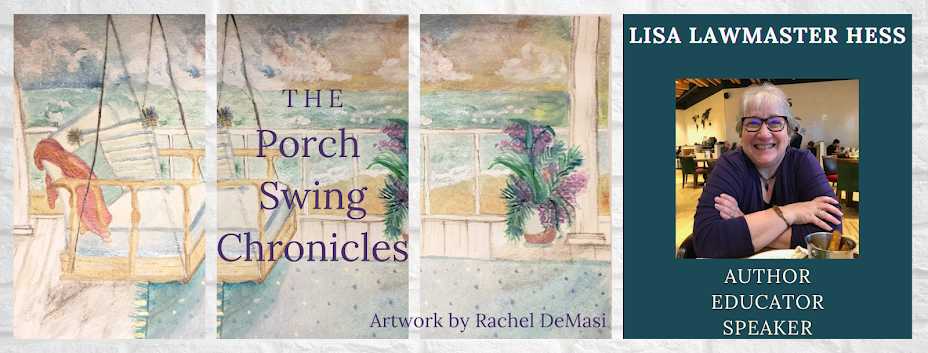 |
| RichardsDrawings via Pixabay |
"How am I doing almost always carries 'compared to others' in parentheses."
The Paradox of Choice by Barry Schwartz
I resisted audiobooks for a long time because I thought I'd just zone out and miss a lot of the content -- and sometimes I do. When that happens, I usually switch to something else -- another book, some music, or NPR -- and come back to the book another day.
But sometimes, especially when I'm trying to meet my book quota for the month, I try to persist. With some books, it's okay if part of the content merely washes over me. I'm reading or listening to the book for pleasure, after all, and letting sections wash over me is the auditory equivalent of skimming a page that interests me less than its surrounding content.
Why not just give up? Sometimes I do. I long ago decided that I'd never have time to read all the books I want to read and so, if one didn't capture my attention, I'd trade it for another that did. But often, especially with non-fiction, one section that doesn't grab me is followed by another that does.
Which is exactly what happened on Saturday, and exactly how I happened upon the topic of this post.
When I heard the quote above, I thought, "I don't really do that." I mean, I can't say I never engage in social comparison, but generally when I think about how I'm doing I think about how I'm doing.
Part of this is age-related. As a teenager and twenty-something, I was much more likely to have that parenthetical thought, and to agonize over what it might mean that I was doing better or more poorly than my peers. But now? Not so much.
Because I'm aware that I'm no more highly evolved than the next person, I began thinking about why I no longer make that immediate social comparison and I decided that a big part of it was a decision I made over a decade ago.
I retired at 51.
I shocked people. I scared people.
I scared myself.
And it was one of the best decisions I ever made -- right up there with getting married and having a child.
But it exploded my standards for social comparison. No one else I knew, especially in my profession, was considering such a thing, let alone doing it. It was a long time before I discovered the "encore careers" are a thing, and longer still until teachers (and medical professionals, among others) began prizing their mental health over safety nets and social comparison and left when the time was right for them.
My story could have turned out completely differently. I could be working at McDonald's right now or, more likely, Barnes and Noble. The risk I took could have had far-reaching negative consequences.
But it didn't. I did my due diligence the best I could and rejected social comparison in favor of the thing that was best for me.
And I have never regretted it.
Sometimes, social comparison is a good thing. Other times, it's an obstacle to not only happiness, but to moving forward and doing something that has the potential to make life more interesting.
So, how am I? Pretty great thanks.
And you?


No comments:
Post a Comment